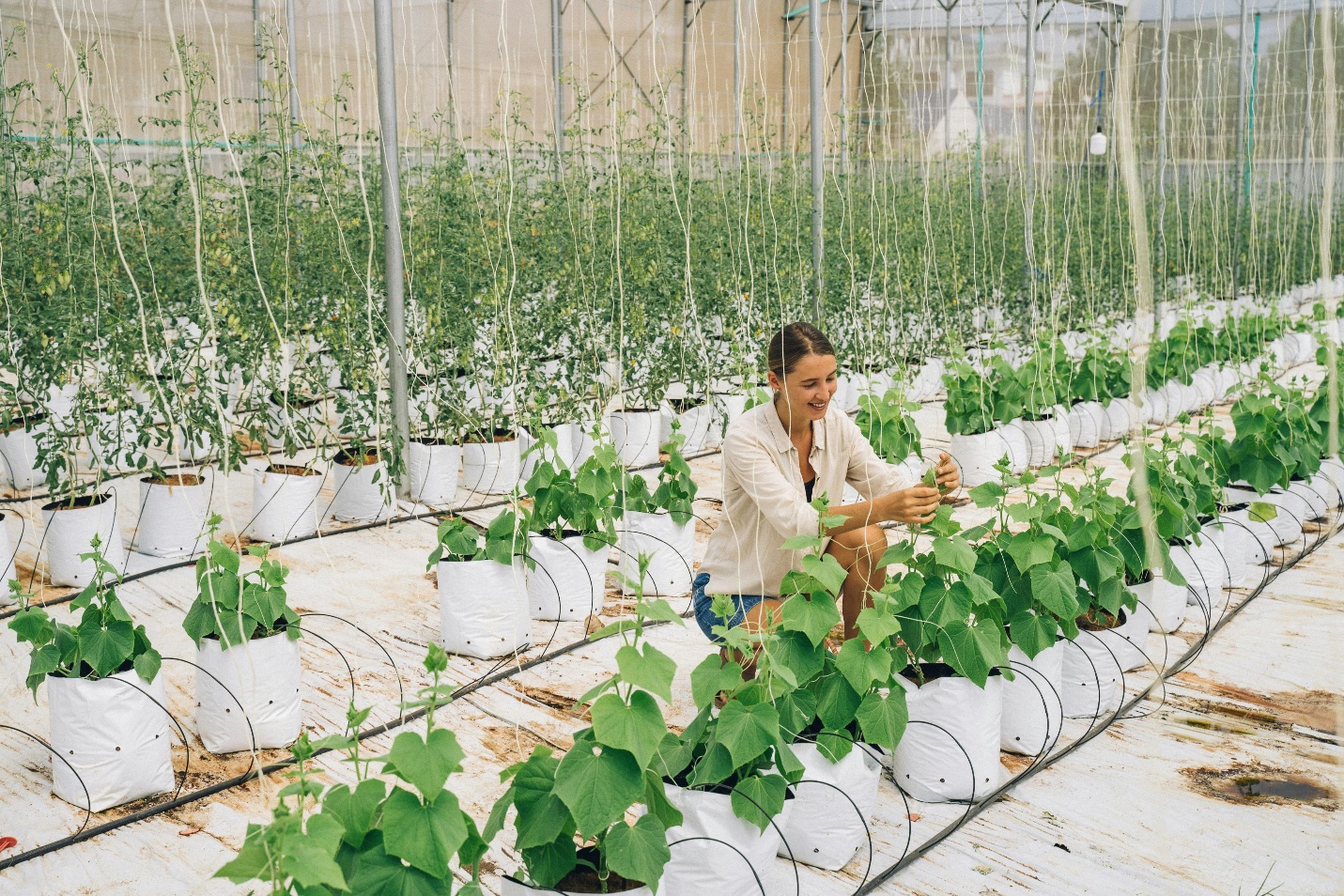Hey GardenWorx Family!
We’re Currently Open

What should gardeners plan for as autumn fades into winter? Visiting nurseries near Greenport in late Fall gives you access to hardy plants, expert advice, and essential supplies. Read this blog to find out how to prepare your garden for colder months, keep your plants healthy, and make the most of the season ahead.
Late Fall signals a shift in priorities. Gardens require clean-up, soil enrichment, and protective measures to withstand cooler nights. Removing dead crops, cutting back fading stems, and clearing weeds helps prevent disease and pests from carrying over into winter.
Adding compost and mulch builds soil health and provides insulation. Mulch also retains moisture and shields roots from sudden frosts. Covering beds with organic matter such as straw or shredded leaves further strengthens soil structure. A well-prepared garden not only survives the season, it emerges stronger when spring arrives.
Local nurseries adapt their offerings to the season. Hardy ornamentals such as pansies, ornamental cabbage, and chrysanthemums bring color to borders when other flowers fade. Bulbs like tulips and daffodils, planted before the ground hardens, ensure vibrant spring displays.
For practical gardening, many growers stock frost-tolerant vegetables, including kale, garlic, and Brussels sprouts. These crops provide nutrition throughout the season while maintaining greenery in your beds. A plant nursery near Greenport often features these options, making late Fall planting simple and rewarding.
You may also find evergreen shrubs and dwarf conifers, which provide year-round structure. These additions bring stability to your landscape and complement seasonal plantings beautifully.
When deciding which plants will thrive, input from specialists can be invaluable. A garden expert in NY understands regional conditions, coastal winds, and frost risks. Their advice can save time and prevent common mistakes.
Tips might include grouping containers together for warmth, moving delicate pots against sheltered walls, or using temporary barriers to reduce wind exposure. Some experts also recommend staggering plantings so that not all crops are at the same growth stage, giving you a higher chance of success across the season. With local expertise, your garden benefits from tailored solutions rather than generalized advice.
Annuals play a big role in seasonal displays, but many are tender and decline as frost sets in. Transitioning to cold-tolerant varieties keeps your garden lively. Annual gardening in late Fall often includes spinach, Swiss chard, and hardy pansies, all of which endure cooler conditions with basic protection.
Covering plants with frost cloths or fleece extends their lifespan. Regular checks on weather forecasts also help you prepare for sudden cold snaps. Thoughtful management ensures your annuals provide color and value until deep winter.
If you still have warm-season annuals in containers, consider moving them indoors or into greenhouses where possible. Even a sheltered porch can extend their life slightly longer, giving you more variety in your garden displays.
Perennials, while naturally resilient, also need care before the coldest months. Cutting back dead growth reduces disease risk, while applying mulch around the base insulates root systems. Dividing clumps prevents overcrowding and encourages healthy regrowth in spring.
Certain perennial plants, such as ornamental grasses or lavender, maintain structure and interest even in winter. Their textures add depth to otherwise bare gardens. By balancing pruning with preservation, your garden gains both protection and seasonal beauty.
Consider marking perennial beds clearly with stakes or labels before heavy frost or snow arrives. This prevents accidental damage during clean-up and helps you plan next year’s planting with confidence.
Late Fall is part of the cycle that shapes your entire garden. Seasonal gardening habits like crop rotation, mulching, and pruning create a consistent structure throughout the year. These practices reduce stress on plants, improve soil fertility, and encourage better growth when temperatures rise.
Treating Fall preparation as a routine ensures smoother transitions, healthier gardens, and less work in spring. Developing these habits now benefits your plants across every season. Over time, you’ll find that these steps become second nature, making gardening more enjoyable and less overwhelming.
Having the right equipment makes preparation easier and more efficient. Essential items include frost cloths, quality mulch, pruning tools, and protective frames. A nursery near Greenport often carries these supplies, ensuring you can find products suited to local needs.
Maintaining equipment is equally important. Cleaning, sharpening, and storing tools correctly prevents rust and damage. Reliable gardening supplies simplify care routines and extend the life of your equipment. With the right tools, your preparation becomes faster and more effective.
Consider also stocking extra storage bins for bulbs, seed packets, and protective coverings. Staying organized through winter ensures you are ready to begin planting as soon as early spring conditions arrive.
Late Fall is not the end of gardening; it is the moment to strengthen and prepare for the months ahead. Choosing hardy plants, following seasonal habits, and using the right supplies ensures resilience.
At GardenWorx, we provide expert resources and guidance to help every gardener succeed. If you are sourcing from nurseries near Greenport, get in touch with us today. We will help you select plants, protect annuals and perennials, and stock essential supplies. Contact us now to prepare your garden for winter with confidence.
Whether you're greening your fingers for the first time or you're a seasoned soil sage, our expert tips and tricks are designed to help you cultivate success in your outdoor spaces. From detailed how-tos on planting and maintenance to innovative ideas for garden design, our guides cover all aspects of gardening.
Unearth Our Tips